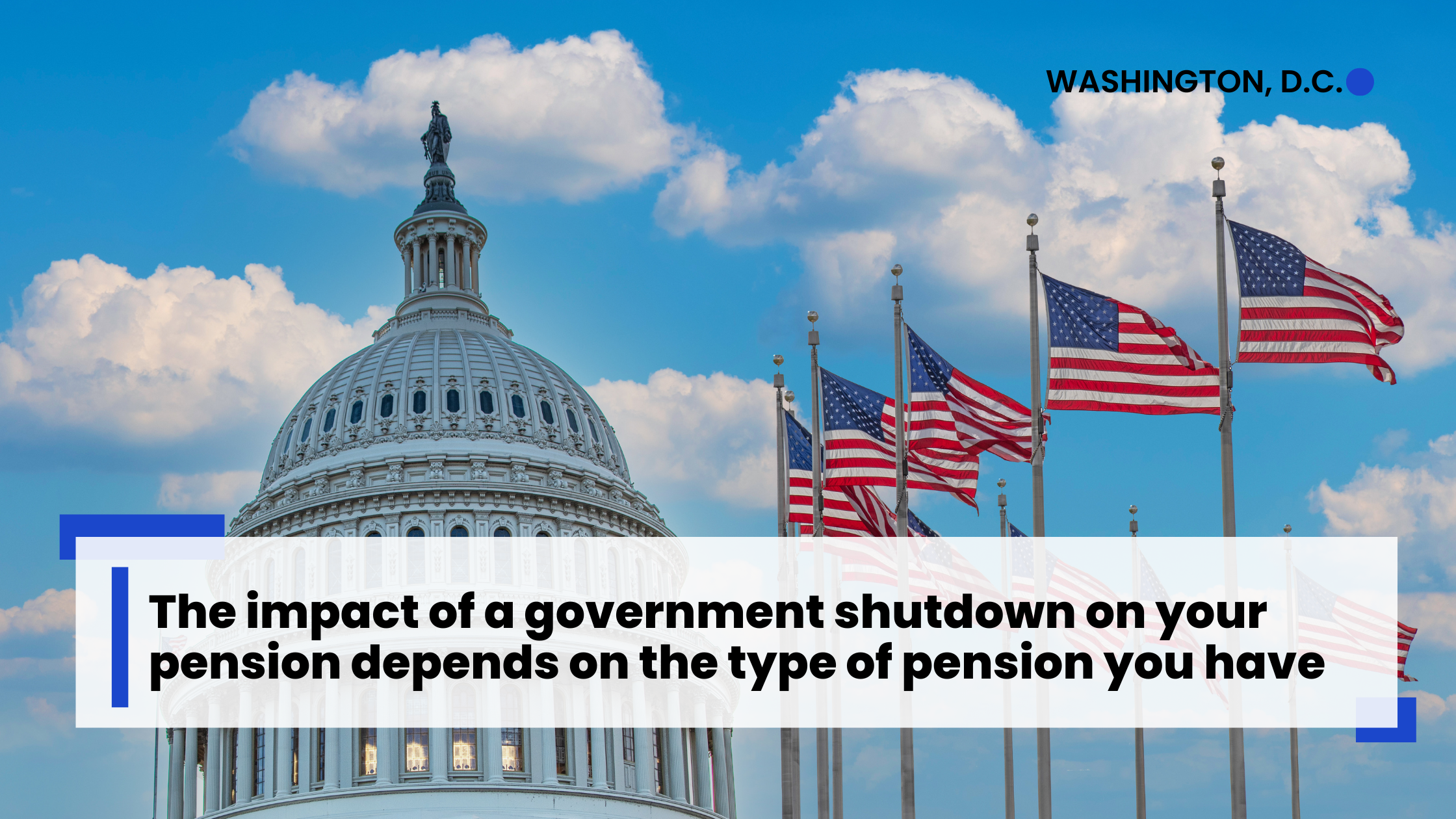Congress raised the debt limit this year to prevent a government default. They are working to agree on next year's budget by Sept. 30.
According to the bipartisan debt ceiling deal reached in May, government spending should remain flat for the next two years. However, some House Republicans want to limit funding for the 2024 fiscal year to 2022 levels.
A government shutdown would affect hundreds of thousands of federal workers and could impact the broader U.S. economy, depending on how long it lasts.
Why this matters?
The impact of a government shutdown depends on the type of pension. For federal employees or Thrift Savings Plan participants, contributions will stop until a shutdown ends. Social Security recipients still receive benefits, but hearings and new applications may take longer. For military retirees or Survivor Benefit Plan recipients, a shutdown will not affect pension checks.
When is the next government shutdown deadline?
Lawmakers are trying to approve 12 appropriations bills, each funding a different part of the federal government. If they don't pass by the Sept. 30 deadline, the government could shut down.
How else could a government shutdown be avoided?
Without a spending deal, lawmakers could pass a continuing resolution to keep the government operating at the current levels for however long they choose. But that would mean cuts to defense spending and an increase in nondefense spending.
Who would be affected by a government shutdown?
Government shutdowns affect most federal workers and can include shutting down national parks, recipients missing food stamp payments, and disruptions to environmental and food inspections.
When was the last government shutdown?
The most recent government shutdown started in December 2018 and lasted 34 days, during which delays hit major East Coast airports.
What is the main disagreement?
The core issue is how much money the government should spend next year. The debt ceiling deal reached by McCarthy and Biden kept funding flat for most domestic spending programs. Still, senior Republicans have again pushed for more cuts, citing inflation as a reason to cut government spending.
What else do lawmakers disagree about?
The House Republicans are proposing to cut funding for the Internal Revenue Service, the Securities and Exchange Commission, and the Consumer Product Safety Commission.
For more:


